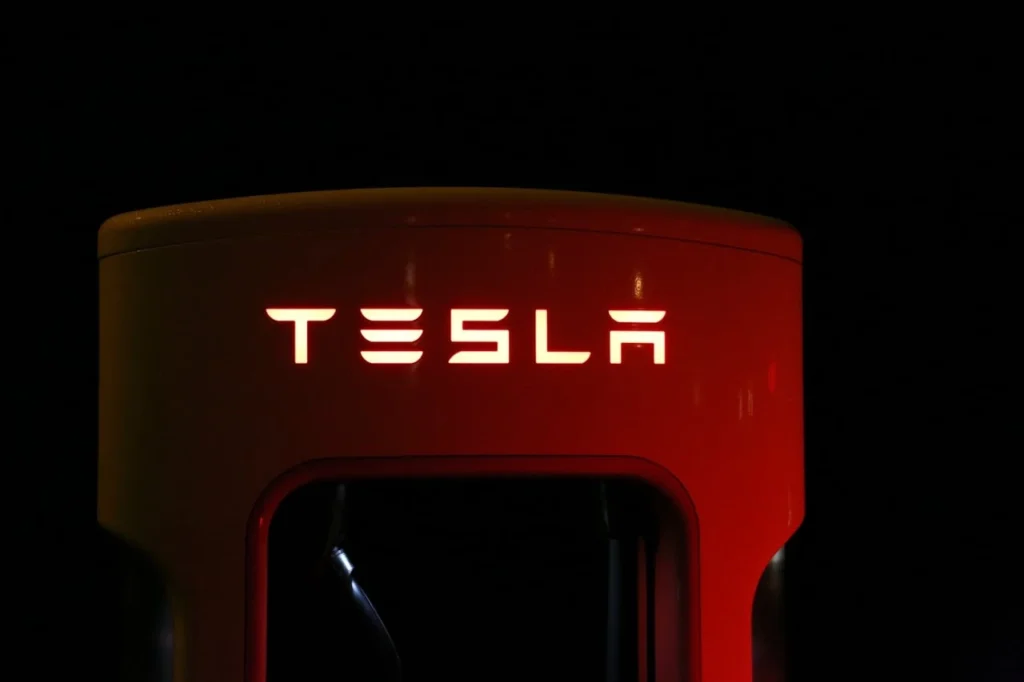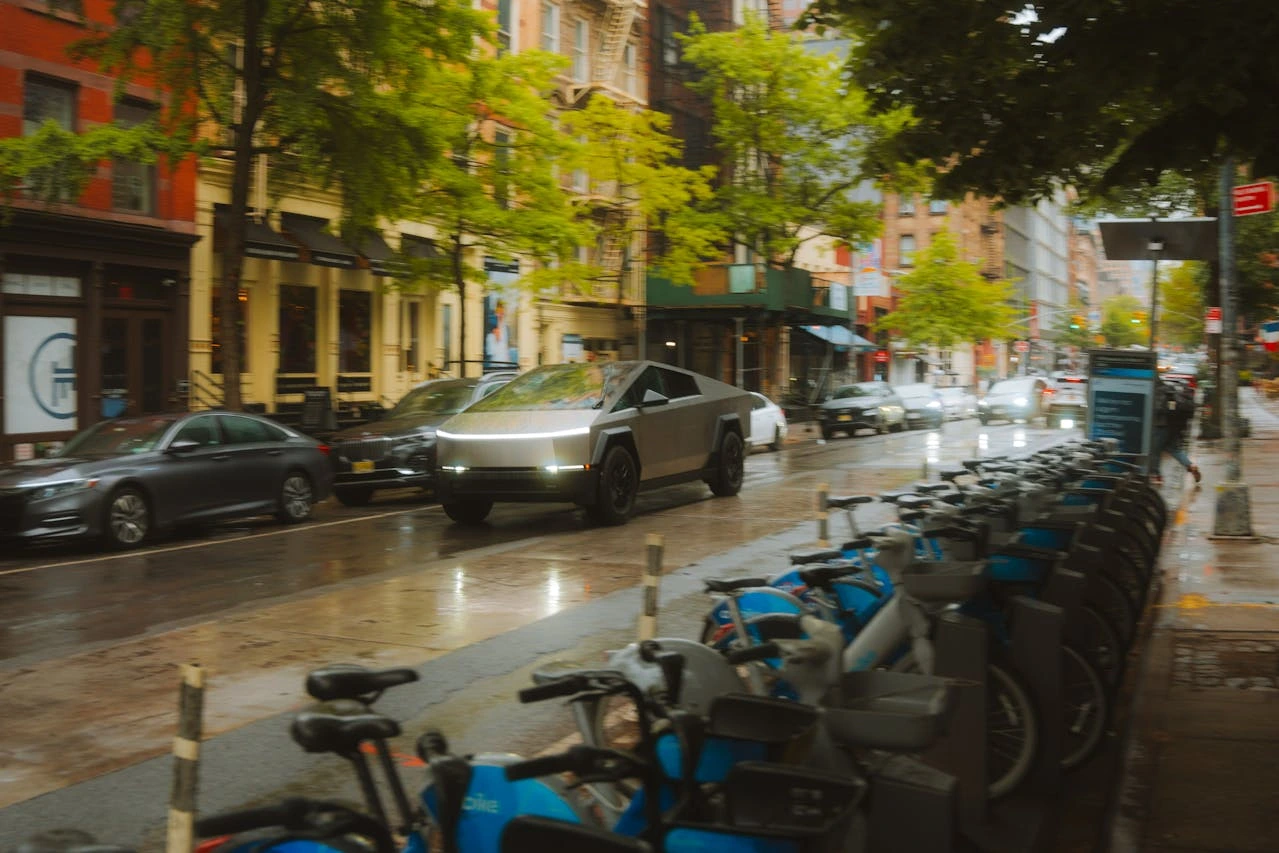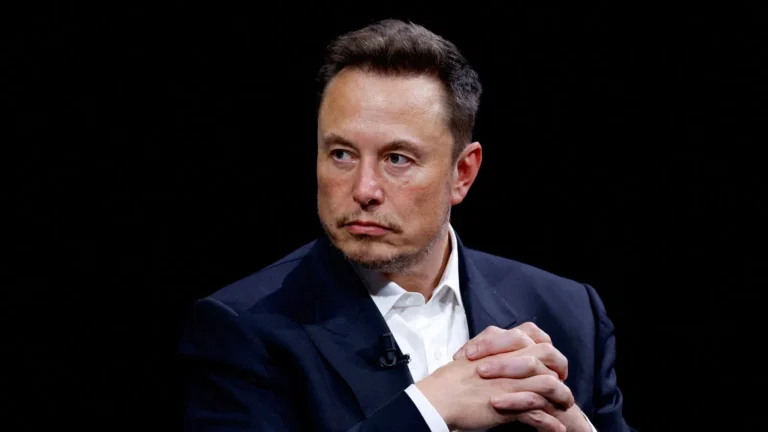During Tesla’s third-quarter earnings call, Elon Musk provided a comprehensive update on the highly anticipated Cybercab, Tesla’s autonomous robotaxi designed to revolutionize urban transportation. Below are the key takeaways from Musk’s discussion, emphasizing the exciting features and ambitious goals surrounding the Cybercab project:

- Cybercab Production Timeline
- Targeting Volume Production in 2026: Musk confidently stated that Tesla aims to achieve volume production of the Cybercab by 2026. He clarified, “I do feel confident of Cybercab reaching volume production in ’26, not just starting production, reaching volume production in ’26.” This ambitious timeline is contingent upon obtaining regulatory approval, which Musk believes could be granted in Texas and California next year. This regulatory milestone is crucial for launching Tesla’s associated ride-hailing app, a significant component of Musk’s vision for a comprehensive robotaxi fleet.
- Ambitious Production Goals
- Aiming for 2 Million Units Annually: Musk outlined Tesla’s plans to produce a substantial number of Cybercabs each year, with a goal of at least 2 million units annually. He indicated that production would occur across multiple factories, with potential expansion to 4 million units in the future. Musk emphasized that these figures represent his “best guesses,” reflecting both optimism and the company’s capabilities in scaling production.
- Affordable Pricing Strategy
- Cybercab Priced Around $25,000: Musk announced that the Cybercab would be priced at “roughly $25,000,” marking a strategic entry point for consumers. This price point is notably lower than the initial expectation of being “below $30,000,” making it more accessible to a broader audience. He explained that the vehicle’s design is specifically optimized for autonomy, meaning it will not include traditional controls such as steering wheels or pedals, further differentiating it from conventional vehicles.
- Innovative Design Features
- No Traditional Controls for Autonomous Experience: Musk reiterated that there will be no version of the Cybercab with a steering wheel or pedals, reinforcing the vehicle’s identity as a fully autonomous mode of transport. He stated, “The future is autonomous,” suggesting that any hybrid model featuring manual controls would not be as effective or desirable as the fully autonomous design Tesla is pursuing.
- Enhanced Passenger Experience
- A Cinematic Experience for Passengers: Musk painted an exciting picture of what it will be like to ride in a Cybercab, likening the experience to being in “a personal movie theatre.” He emphasized that once full autonomy is achieved, passengers will have the freedom to engage in a variety of activities while the vehicle drives itself. Passengers can look forward to browsing the internet, watching movies, playing video games, or even completing work tasks, all facilitated by a large screen and a high-quality sound system.
- Revolutionary Manufacturing Process
- Innovative Production Technologies: Musk detailed Tesla’s focus on not just the Cybercab’s design but also on the advanced machinery that will manufacture it. He described this machinery as “revolutionary,” noting, “The machine that builds the machine is designed to be five times better than a traditional factory in terms of cycle time.” This advancement in production technology aims to optimize efficiency, covering every aspect from material sourcing to assembly, ensuring that Tesla can produce Cybercabs at scale while maintaining quality.
Broader Market Implications
Musk’s insights during the earnings call signal Tesla’s ambitious trajectory for the Cybercab, emphasizing not only the technological advancements but also the strategic market positioning that will influence the future of transportation. The Cybercab represents a significant step towards realizing Musk’s vision for a fully autonomous ride-hailing ecosystem, potentially reshaping urban mobility in the years to come.
In conclusion, the Cybercab embodies Tesla’s commitment to innovation and leadership in the automotive industry, setting the stage for a transformative shift in how people will commute in the future. With its focus on affordability, advanced features, and a revolutionary production process, the Cybercab is poised to become a key player in the emerging landscape of autonomous transportation.






